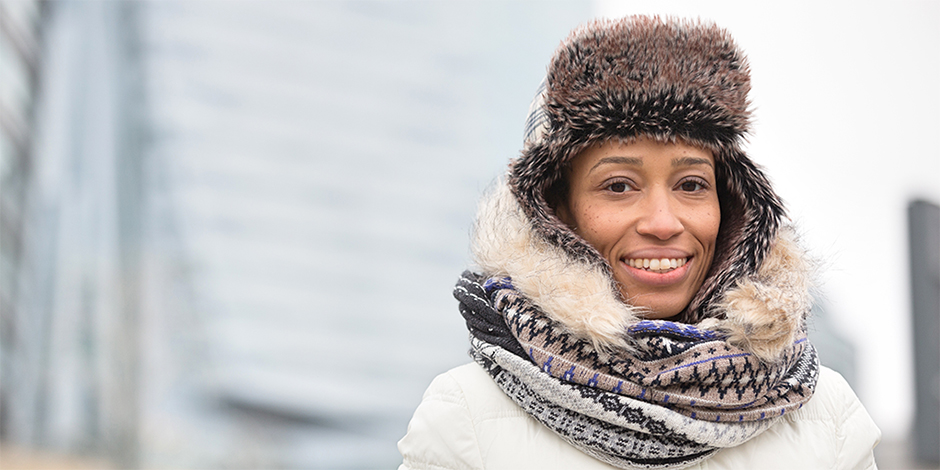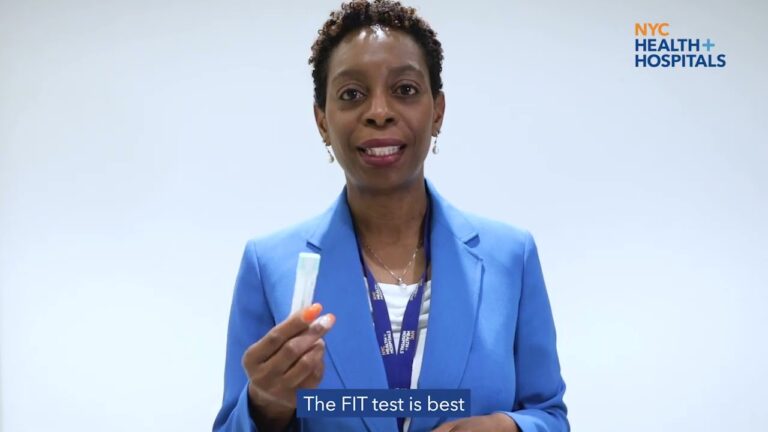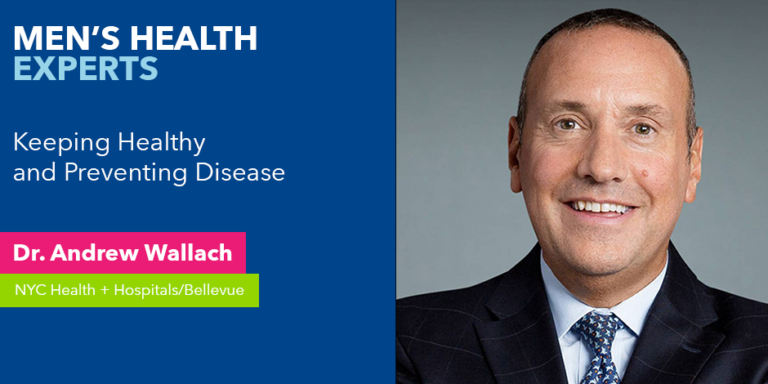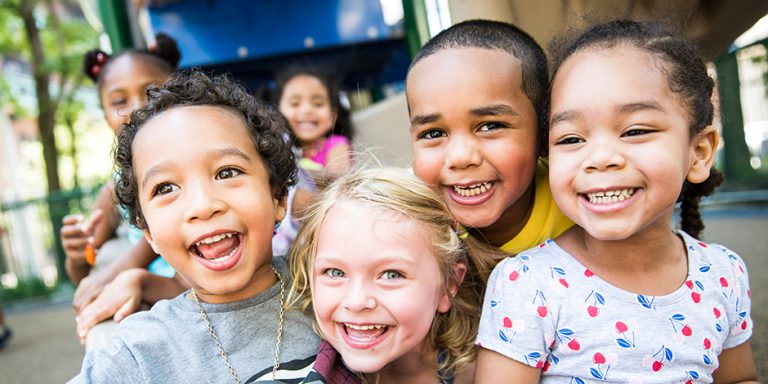Cold Weather Tips

Winter weather conditions are dangerous for anyone, but children and seniors are most vulnerable. As we brace for cold temperatures, protect yourself by planning ahead and helping others who may be at increased risk for health problems or need assistance during winter months.
- Check on neighbors and offer assistance to those in need. For children, limit their exposure to cold and never leave them unattended while playing outside.
- Prepare for extreme temperatures by dressing in layers and covering exposed skin. Synthetic fibers and wool are better insulators and keep you drier than cotton. Have backup clothing on-hand in case clothing gets damp or wet.
- Understand the signs of hypothermia and seek medical care immediately. Symptoms caused by hypothermia may include shivering, increased heart rate, mental confusion, frostbite or blisters on fingers.
- Keep at least one week supply of prescription medications on hand in case weather conditions make it too dangerous to leave the house.
- Flu is more prevalent in winter. Protect yourself and others by getting the flu vaccine.
- Stoves are not a safe source for heating your home, and never use a kerosene or propane space heater indoors. Electric space heaters should be monitored and turned off before leaving the house.
- New Yorkers: Call 311 if you are concerned about someone on the street who may need assistance or if your building is lacking heat. For health related questions, contact your physician or locate a nearby hospital or health clinic.
SNOW SAFETY TIPS
- Shoveling snow puts a huge strain on the body, and is especially dangerous for the elderly or those with heart conditions. If you must shovel, be aware of warning signs such as chest pain, shortness of breath, arm pain, dizziness, or extreme fatigue. These symptoms may indicate your body is overstressed and not capable of doing the job. Seek shelter immediately to get warm and rest. If symptoms persist, call 911 immediately.
- If you have an elderly family member living alone, or know someone who needs assistance, check on them during the storm to make sure they are not in distress.
- Most falls happen after the snow has stopped, because temperatures drop and walkways become icy. Seniors should avoid going outside until walkways are clear of ice.
- It’s not too late to get vaccinated, as flu season can last through May. Get a free flu shot at an NYC Health + Hospitals facility near you.


